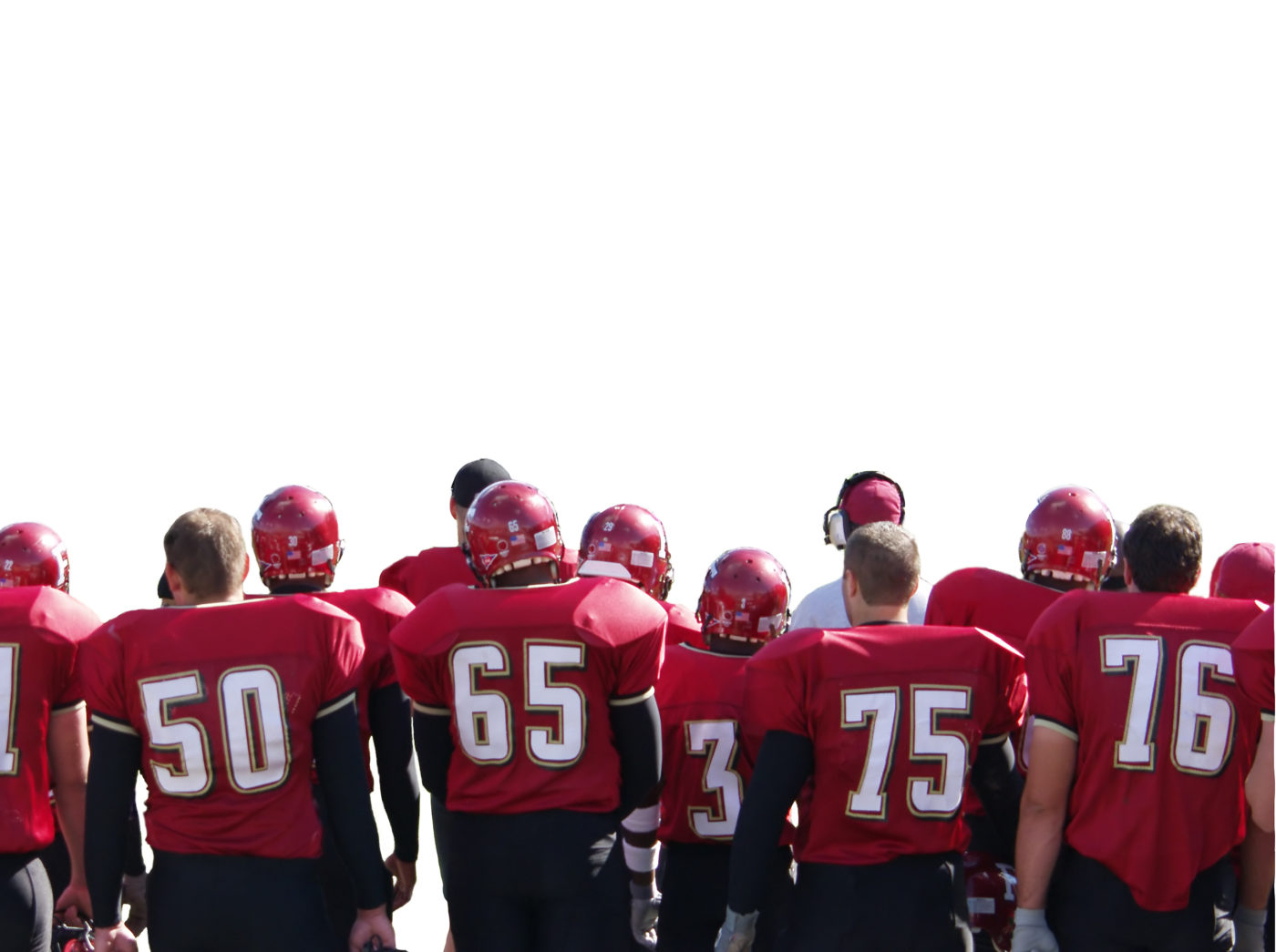Before I got to Tampa, the talent was there. It was the culture that had to change. In Minnesota, the coaches and I knew that if we could get the Bucs down early, they would give up, and we could win easily. But if they started well, they would be competitive with us to the end. It seemed that the team had cultivated a fragile mindset that had infected their play for years. They always expected something to go wrong, and it usually did.
So when I arrived in Tampa, I began meeting with players who lived there, trying to understand from them what we needed to fix. Here’s what we needed to know to turn a losing culture into a winning one.
We are responsible for what happens to us.
Although all the issues were relatively minor, they contributed to the team’s second class, defeatist, excuse-laden mentality and losing culture. I began to sell the philosophy that we are responsible for what happens to us, not anyone or anything else. No excuses, no explanations. This is how we changed the culture.
Small changes lead to big shifts.
At the same time, I started to address some of the issues the players were bringing to my attention. I realized that by addressing minor issues, we could bring about a major culture shift. The Bucs’ previous owner had been known for his frugality. In order to save a few dollars, the team often stayed in inconvenient locations on the road. When I came on board, we began to stay downtown at Marriotts, Wyndhams, and Ritz-Carltons. It was a small change but part of a bigger shift I wanted us to make.
We have to accept immovable obstacles.
One of the things I couldn’t change was the location of our training camp at the University of Tampa. The University of Tampa had been founded more than 60 years earlier in a hotel Henry Plant had built in the late 1800s along the banks of the Hillsborough River. Originally intended as a getaway for vacationing northerners, it has since been turned into a very pretty school. As a training camp, however, it had seen too many lousy Bucs teams wander through its halls and grounds. I wanted a new, fresh place to train, someplace without any connection to losing. But we simply didn’t have another feasible option.
We can embrace the situation.
I thought of my dad’s advice to focus on the job, not the surroundings, and decided to embrace the situation rather than try to change it. I told the guys we didn’t want to leave the University of Tampa. We wanted our team to become tough, so we wanted camp to be tough. We wanted the grass on the field to give out during the first thunderstorm. We wanted the dorm rooms to be spartan. It was a mindset shift, and the guys embraced it. No excuses, no explanations.
As for One Buc, I knew it needed countless improvements—a team meeting room, offices separate from meeting rooms, a room big enough to house all the weights so some weren’t out on the patio, a third practice field, and so on. But as I told the guys, the Pittsburgh Steelers practiced every day on a 60-yard Astroturf field—and had won four Super Bowls. No excuses, no explanations.
At a team meeting, I ran through a laundry list of excuses our players could easily hang a poor season on if they chose to:
- We have a new coaching staff.
- We have to learn a new system on both offense and defense.
- We have subpar facilities.
- We have a young quarterback.
- We never get the benefit of the doubt from officials.
- We have distractions over a stadium and we might move cities.
- We never win in the cold.
Those were all great excuses, and we could have used any and all of them. However, our goal was to win football games, and excuses were not an option. Instead, I told them we expected several things of them:
- Be a pro.
- Act like a champion.
- Respond to adversity; don’t react.
- Be on time. Being late means it’s not important to you or you can’t be relied upon.
- Execute. Do what you’re supposed to do when you’re supposed to do it. Not almost. All the way. Not most of the time. All the time.
- Take ownership.
Whatever it takes. No excuses. No explanations. That’s what began to change a losing culture to a winning one.
Sound off: What changes could you make in your life that will lead to more of a winning attitude?












Huddle up with your kids and ask, “Why is it important to take responsibility for yourself?”